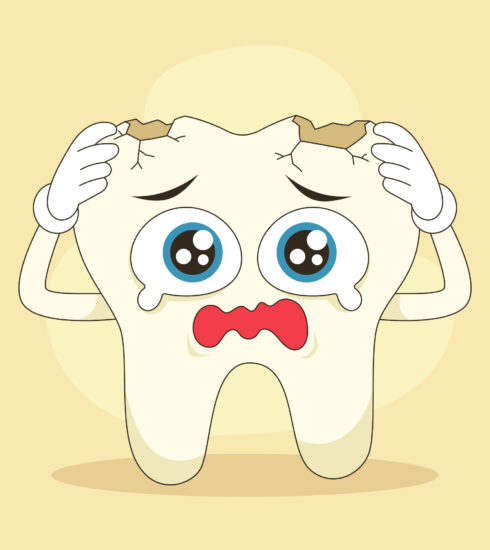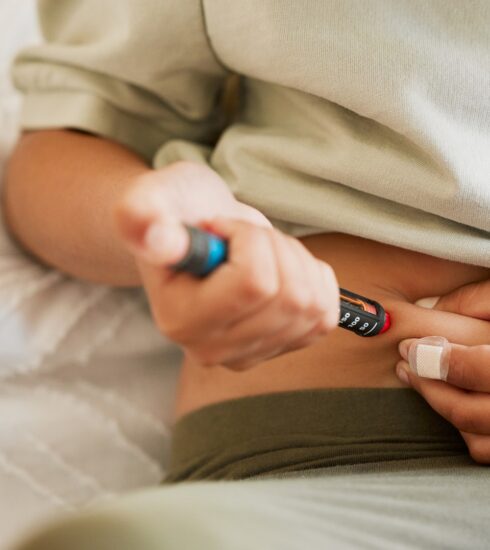- Dr. Utkarsh Bansal, Lucknow

- April 30, 2024
Breastfeeding: The Elixir of Life
“Breastfeeding is a mother’s gift to herself, her baby and the earth”
-Pamela K Wiggins
Parenthood brings with it, its own joys and challenges. Parents sometimes due to misconceptions may devoid their baby from the gold standard for infant nutrition i.e. breastfeeding. The breastmilk is species-specific, natural, nutritionally complete, anytime available, at appropriate temperature, safe and hygienic. It helps in physical and mental development, and also in strengthening the immunity in a child. It even protects from allergies, diabetes, hypertension, and heart diseases in future life. A newborn should be breastfed as soon as possible within the golden hour of delivery. The first milk, yellow in color, known as colostrum, though scanty in amount harbours immunity to the baby as well as satisfying all nutritional needs. Breastfeeding is equally beneficial to the mother, helping to reduce post-delivery bleeding, weight gained during pregnancy, and the risk of breast and ovarian cancer. Besides it helps in the mother-child bonding.
Proper breastfeeding positioning is essential, baby’s head and body should be in line, body fully supported, most of the nipple and areola in baby’s mouth and baby’s chin should touch the breast. A pregnant woman should be advised about breastfeeding, with breast examination, during the antenatal check-ups. This will boost the mother’s confidence and her ability to feed successfully. After delivery, the newborn should be immediately placed over to the mother who is its warm abode and the source of nourishment. A baby needs to be necessarily and exclusively breastfed for the first six months. During this period no other food item like honey, ghutti, or top feed, not even water should be given.
For problems like less milk production, the most effective measure is feeding frequently and specially in the night which increases the production. A baby should be fed for at least 20 minutes on each breast, this ensures the baby getting hindmilk which is more energy dense than the initial foremilk which mainly satisfies the thirst of the baby. If the mother is not attaching the baby properly she can have few problems like breast engorgement and cracked nipples. Applying breast milk over the cracked nipple has a healing effect. All mothers need to be taught technique of expression of breast milk which helps in preventing breast engorgement. The expressed breast milk can be kept for 6 hours in a clean container at room temperature and for 24 hours in a refrigerator and fed to a baby by someone at home in case of working mothers.
Bottle feeding increases the risk of critical diseases like pneumonia, allergies, malnutrition, etc. Even after six months of exclusive breastfeeding, it should not be stopped but complemented by a homemade soft liquid diet which can be fed to the baby many times a day in small quantities. Breastfeeding should be continued for 2 years or more, which is the period requiring greatest protection and is critical to the physical and mental growth of the child. In short, breastfeeding is best feeding.









